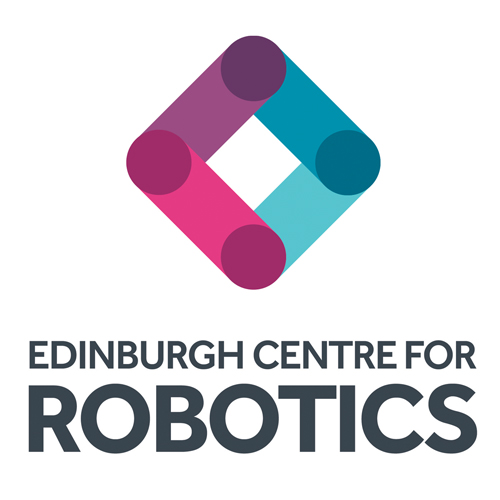Abstract: Recent machine learning (ML) research has chiefly focused on
optimising performance on tasks whose structure is fully specified in
advance. For instance, with assembly tasks, the agent has complete
knowledge prior to deployment about which component parts form valid
structures; e.g., that fire trucks must have ladders. The agent may
not know, and will have to learn, what fire trucks or what ladders
look like, but they have a complete and accurate hypothesis space of
all the concepts that they will need. It is common to assume that the
learning system has access to complete knowledge of this kind, but the
assumption often fails in real-world applications. The learner may
initially lack awareness of key concepts in the domain ontology and/or
crucial relations among them, and the task domain may evolve in
unforeseen ways after the agent is deployed. Interactive task
learning (ITL) is a ML paradigm which addresses this challenge by
enabling the learner to cope with ever-changing hypothesis spaces: the
key insight in ITL is to use continued communication with (human)
domain experts as evidence for learning to solve novel tasks.
This thesis explores ITL in knowledge-intensive tasks grounded in
low-level sensory input spaces. To support effective and efficient
ITL in such domains, I devise a neurosymbolic system architecture in
which instances of task-critical concepts are grounded by neural
models and serve as a basis for symbolic reasoning. Existing
neurosymbolic methods either posit full knowledge of symbolic domain
ontologies in advance or rely on offline batch-learning. I
demonstrate how we can relax these assumptions by virtue of
teacher-learner interactions that occur while the agent is trying to
solve its task. These interactions are in the form of embodied
natural language dialogues featuring not only demonstratives (e.g.,
``This is a ladder") but also generics (e.g., ``Dump trucks have
yellow cabins"). Generics express generalised relations among
concepts (e.g., similarity-difference, holo/meronymy, hyper/hyponymy),
allowing the learner to incrementally integrate novel concepts into
the domain ontology as and when required.
I design and implement a suite of ITL frameworks that leverage
generics to support the incremental construction of symbolic knowledge
through natural dialogue with a human supervisor. The utility of
generics in ITL is evaluated across a range of probing tasks, from
fine-grained visual grounding to long-horizon planning. Empirical
results show that agents capable of interpreting the semantics and
pragmatics of generics acquire novel tasks more data-efficiently
compared to ablative baselines.

